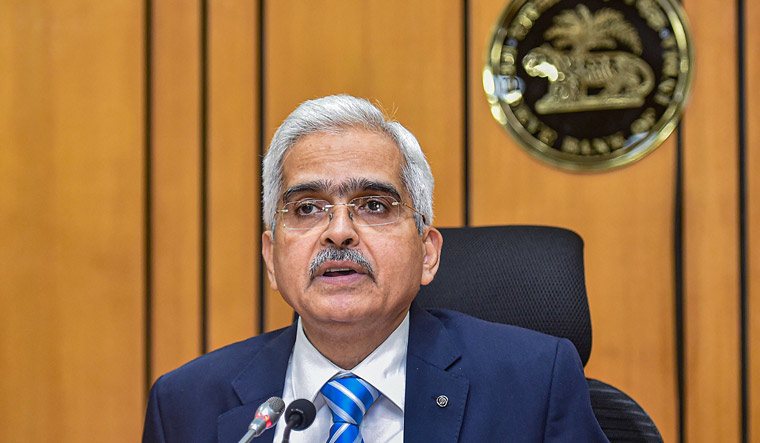The RBI cuts repo rate by 75 basis points from 5.15 per cent to 4.4 per cent on Friday. The RBI monetary policy committtee, scheduled to meet by the end of the month, deferred the meeting to March 25, 26 and 27 in view of the coronavirus outbreak. The RBI informed that the central bank has infused Rs 3.74 lakh crore worth additional liquidity into the system.
The rate cut was voted by 4:2 majority in the six-member MPC meeting. The RBI will continue its accomodative stance as long as the economy is brought back to normalcy.
The reverse repo rate, too, has been slashed 90 bps to 4 per cent. "The fundamentals of the economy are much stronger than 2008. RBI remain optimistic about faster recovery once COVID-19 is contained," said RBI Governor Shaktikanta Das.
The RBI has also requested the banks to enhance lending activities. At the same time, all commercial banks and NBFCs have been permitted to allow three-month moratorium on payment of installments in respect of all terms loans outstanding on March 1, 2020.
Further, the global fall in oil prices may help India. "Food and fuel prices will provide relief with lower inflationary pressures," said Das. The central bank has also cut the CRR by 100 basis points to 3 per cent. "Despite ample liquidity in the system, the transmission is slow, hence CRR is cut by 100 basis points to 3 per cent. "This will release primary liquidity of Rs 1.37 lakh crore," Das said. The minimum daily CRR balance requirement has also been reduced to 80 per cent from 90 per cent.
RBI has injected Rs 2.80 lakh crore liquidity through various instruments since last monetary policy meet in February, the governor added.
RBI also announced a comprehensive package, including measures to expand liquidity, steps to reinforce monetary transmission, efforts to ease financial stress by relaxing repayment and endeavour to improve the functioning of the market.
Furthermore, the RBI hinted that India's growth estimates for the fourth quarter of the current financial year might be at risk. "Global slowdown could deepen with adverse impact on India, if the coronavirus pandemic could extend for longer. And hence, there is no new CPI and growth projections given the situation is constantly changing," Das said.


